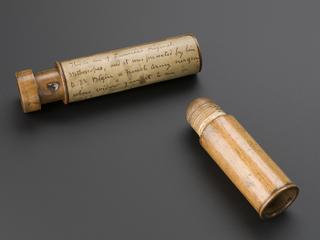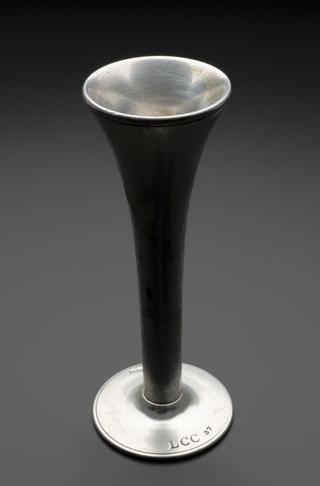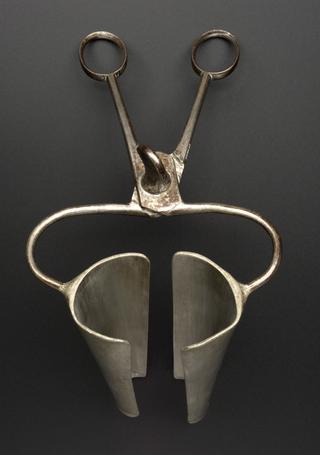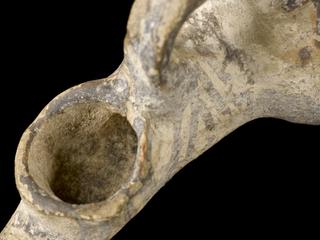
Disposable vaginal speculum used during cervical smear test. Made by ComfiSpec
- Made:
- 1985-2017 in United Kingdom



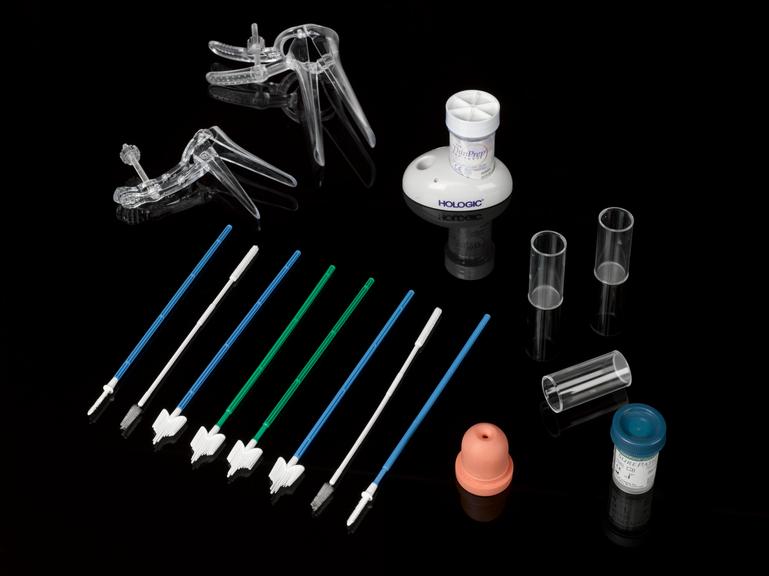
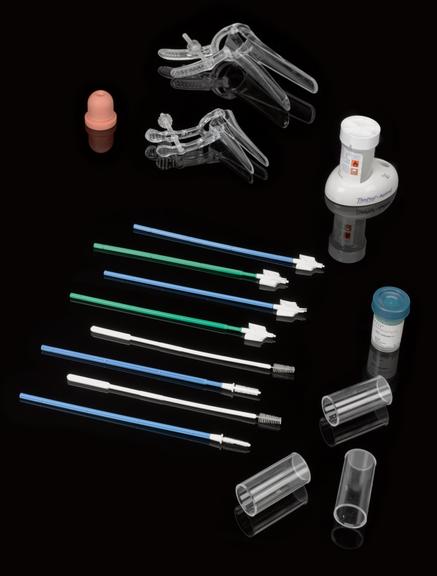

Disposable vaginal speculum used during cervical smear test. Made by ComfiSpec, 1985-2017
A speculum is part of the equipment needed to carry out a cervical screening test. Used to open the vagina, it means a healthcare practitioner can see more clearly and take samples. Different sizes are available as everyone's bodies are different. However, for some people this can be an uncomfortable experience. Healthcare practitioners and charities offer help, techniques, and support for people with questions about the test.
Sometimes known as a Pap smear, after its developer by Dr Georges Papanicolaou (1833-1962), cervical screening has been available in England since the 1960s. Only in 1988 was a centralised screening programme developed. Originally, samples were taken with a wood spatula and the sample smeared onto a glass slide which was then sent to the lab for examination. This method was replaced in 2008 by liquid based cytology kits. Cells are removed from a person’s cervix using a special brush which is then rinsed into a small container of liquid and sent off with the brush head to a laboratory. Here the sample is added to a glass slide and examined.
Since 2016, cervical screening in England is also used to detect HPV (human papillomavirus). Almost all cases of cervical cancer are caused by high-risk HPV. For a small number of people, their immune system will not be able to get rid of high-risk HPV. If left unmonitored or untreated the virus may cause cervical cancer.
Details
- Category:
- Clinical Diagnosis
- Object Number:
- 2019-37
- Materials:
- plastic (unidentified)
- Measurements:
-
overall (closed): 50 mm x 200 mm x 130 mm,
- type:
- speculum
- credit:
- Gift of London Regional Cytology Training Centre
